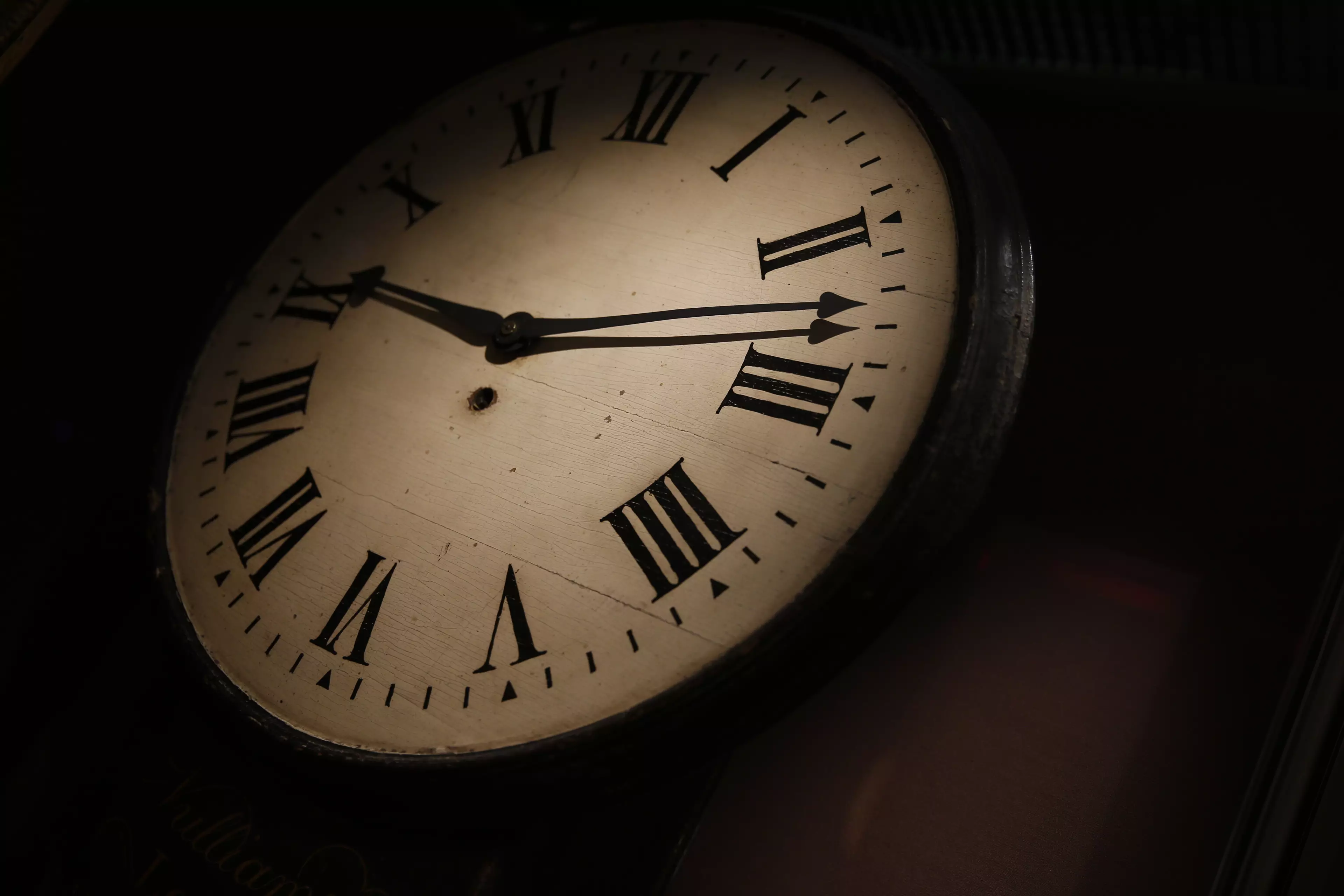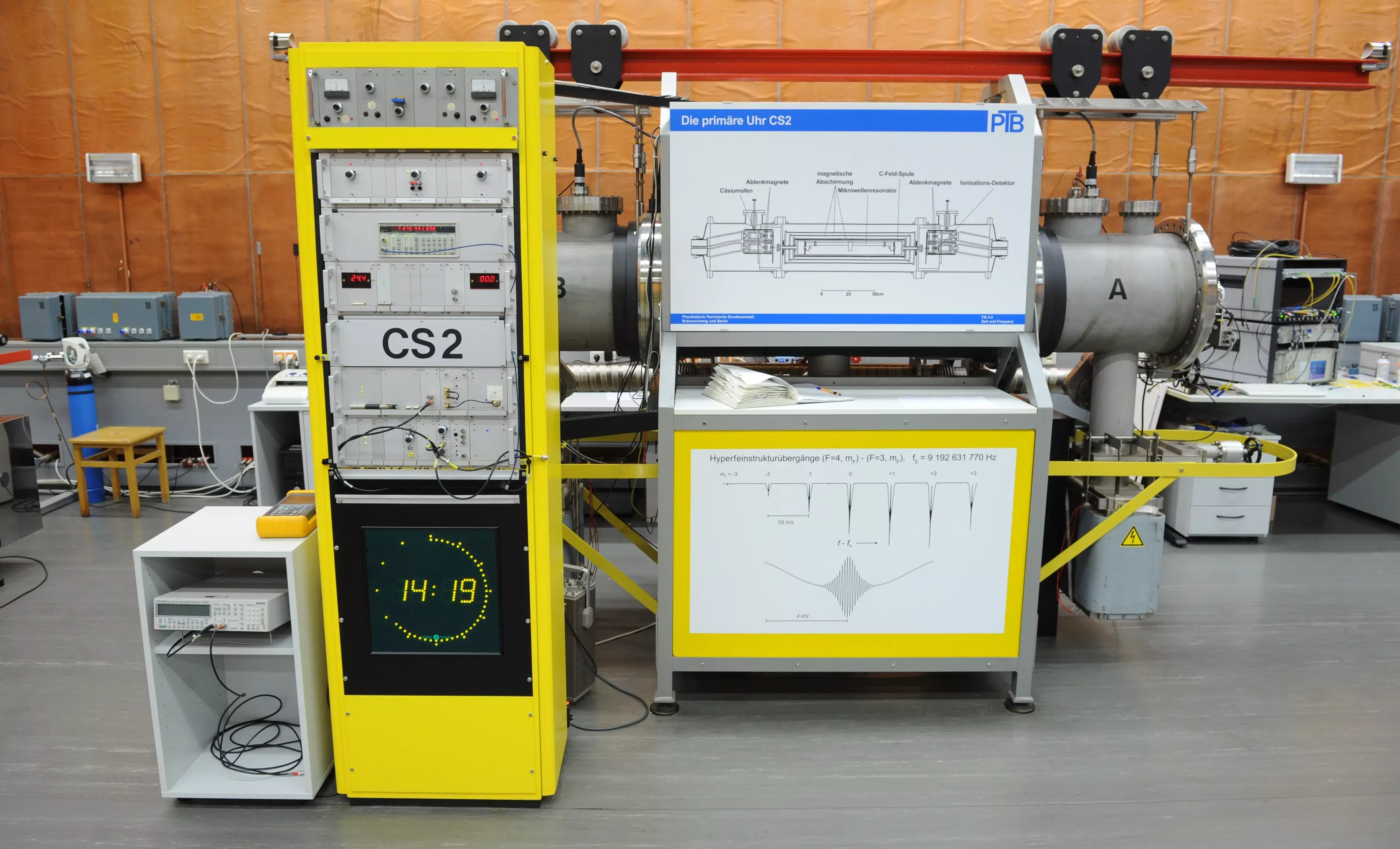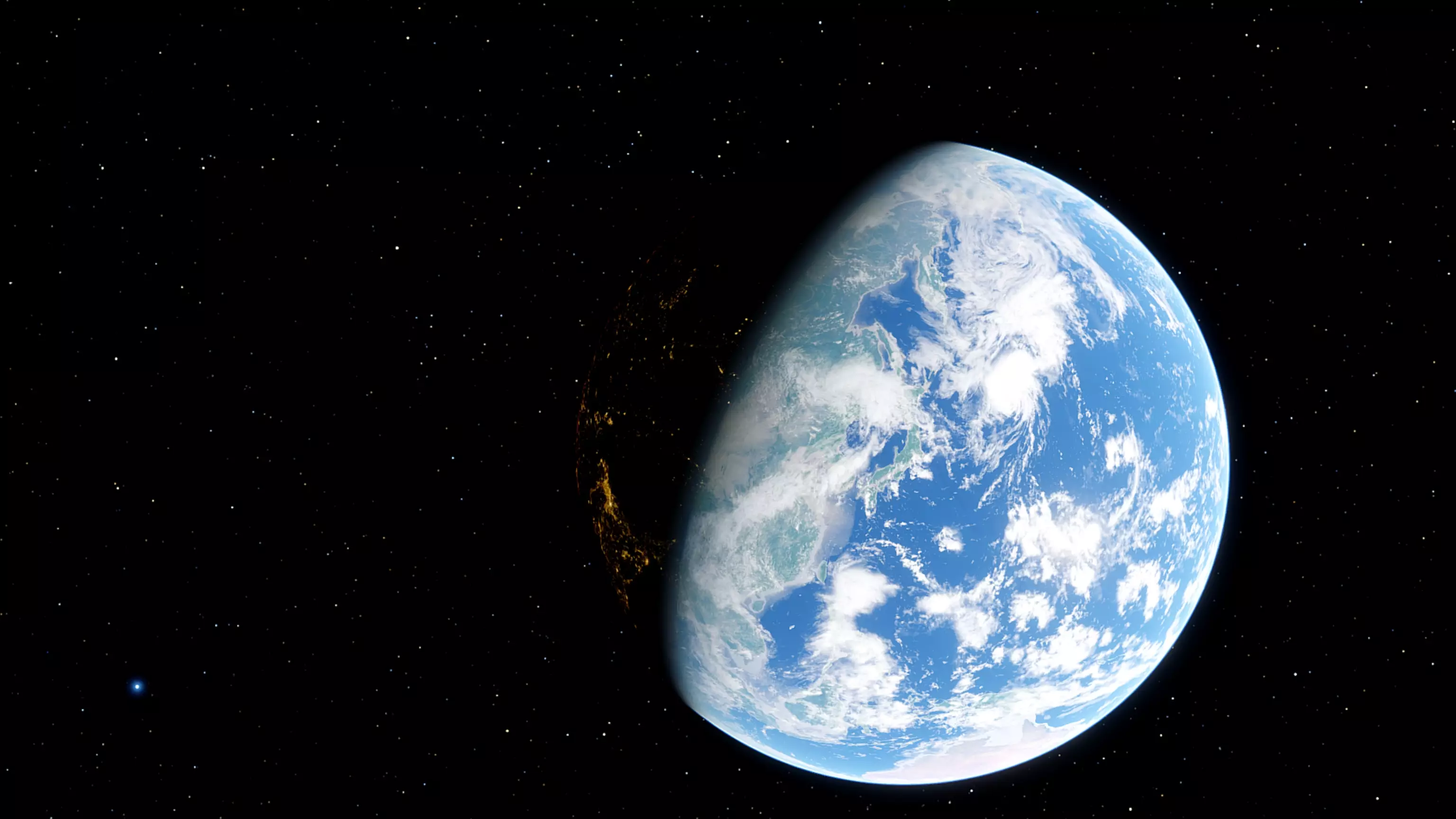
The Earth is spinning faster now than it has in the last half century, according to official data.
Yep, scientists say the earth is actually rotating so fast at the moment that the length of a day is currently "ever so slightly" shorter than 24 hours.
Now that the world is spinning at a quicker pace, timekeepers are considering introducing a 'negative leap second' to the atomic clockin order to account for this discrepancy.
Advert
Scientists have added 27 'leap seconds' since the 1970s, to tackle the Earth facing periods where it is spinning more slowly, but they have never before brought in a 'negative leap second' in history.
The idea is that this would bring solar time (which is focused on the speed of the Earth's rotation) and atomic time (measured with atomic clocks) back in line with each other.

The experts are currently debating whether removing this second is needed.
Advert
"It is certainly correct that the Earth is spinning faster now than at any time in the last 50 years", Peter Whibberley, senior research scientist with National Physical Laboratory's time and frequency group, told The Telegraph.
"It's quite possible that a negative leap second will be needed if the Earth's rotation rate increases further, but it's too early to say if this is likely to happen.
"There are also international discussions taking place about the future of leap seconds, and it's also possible that the need for a negative leap second might push the decision towards ending leap seconds for good."
The thing to remember is that even if a second is taken away from the world's atomic clock, it won't affect you, or your own sense of time - your watch and your phone are certainly not precise enough to notice any difference.

The atomic clock is simply a way for scientists to keep a precise record of day length, down to the second.
Advert
It's been used since the 1960s, and for the past 50 years scientists have found that Earth has spun in a fraction less than 24 hours (86,400 seconds) each day, on average.
In the middle of 2020, though, they noticed that the earth is often rotating in full in less than 86,400 seconds.
July 19th, 2020, was 1.4602 milliseconds shorter than the full 24 hours - making it the shortest day recorded since records began.
To give you an idea of how things are speeding up, the shortest day before this year was recorded in 2005, but this has now been surpassed a whopping 28 times in the last 12 months.
Advert
In fact, on average a full day is now passing 0.5 seconds ahead of a full 24 full hours.
Now, we know what you're thinking, what impact does 0.5 seconds on the atomic clock have if we leave it alone?
But scientists worry it could actually have a lasting impact if left unattended to, seeing as satellites and communications equipment need to align the true time with the solar time in order to maintain precision.
This is why timekeepers at the Paris-based International Earth Rotation Service were quick to add 'leap seconds' to a day in the past, to align the solar and atomic clocks.

The last time a leap second was added was on New Year's Eve 2016.
Advert
However, seeing as the Earth has been consistently been slowing rather than speeding up its spin, there hasn't been a need to add a negative leap second before.
Many factors have an impact on the planetary spin, according to scientists, including the moon's pull, mountain erosion and snowfall levels.
Scientists are also studying whether global warming could be impacting the earth's spin, with the disappearance of high-altitude snow and snow-caps.
The debate about leap seconds comes because much of modern technology is currently set up around what they call "true time" (which still works on the assumption that every minute always lasts 60 seconds).
Critics say, for this reason, introducing a negative leap second could lead to digital issues, and websites crashing.
Instead, some have suggested transferring the world's clocks from solar time to atomic time.
Phew, pretty complex, right?
Featured Image Credit: Shutterstock